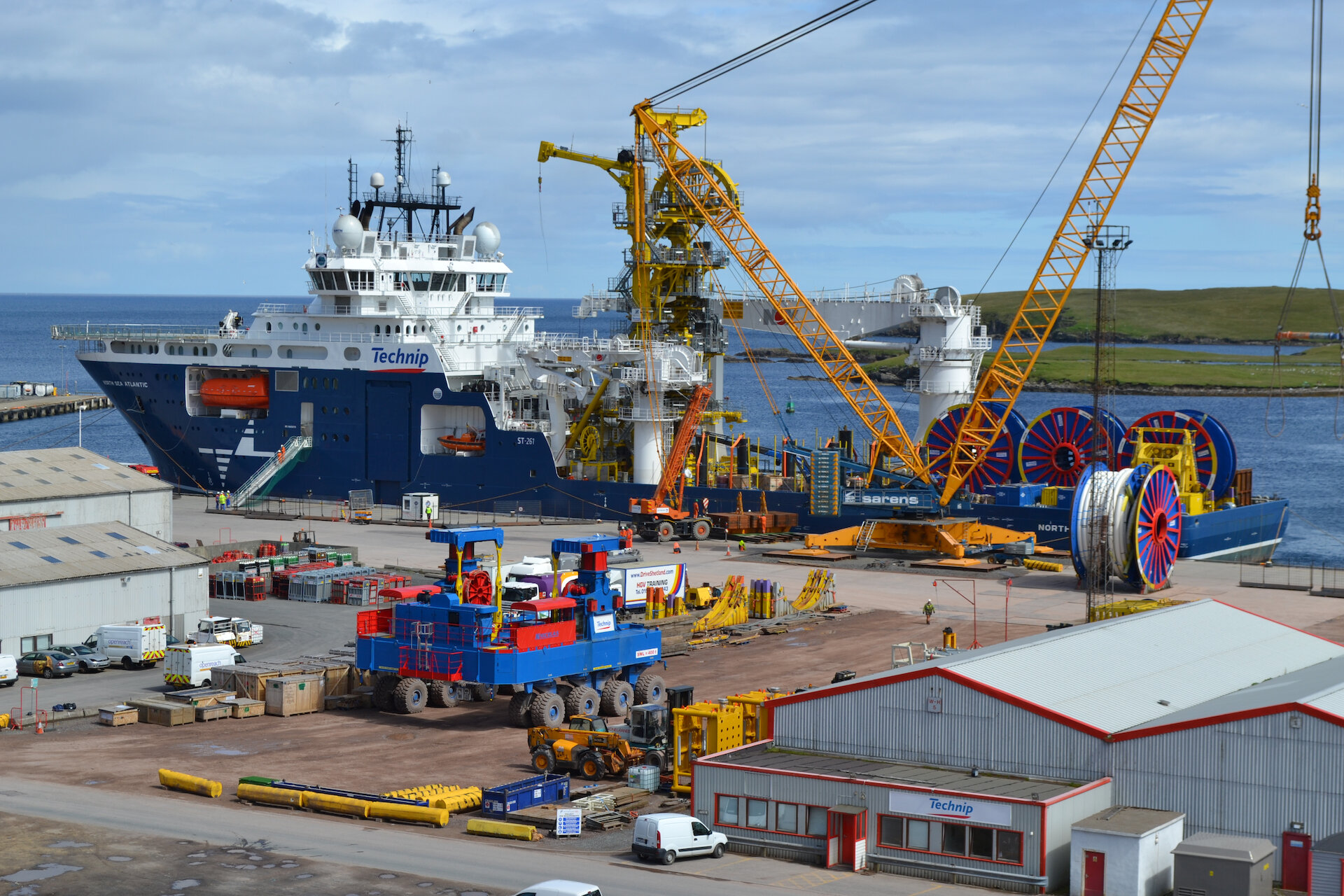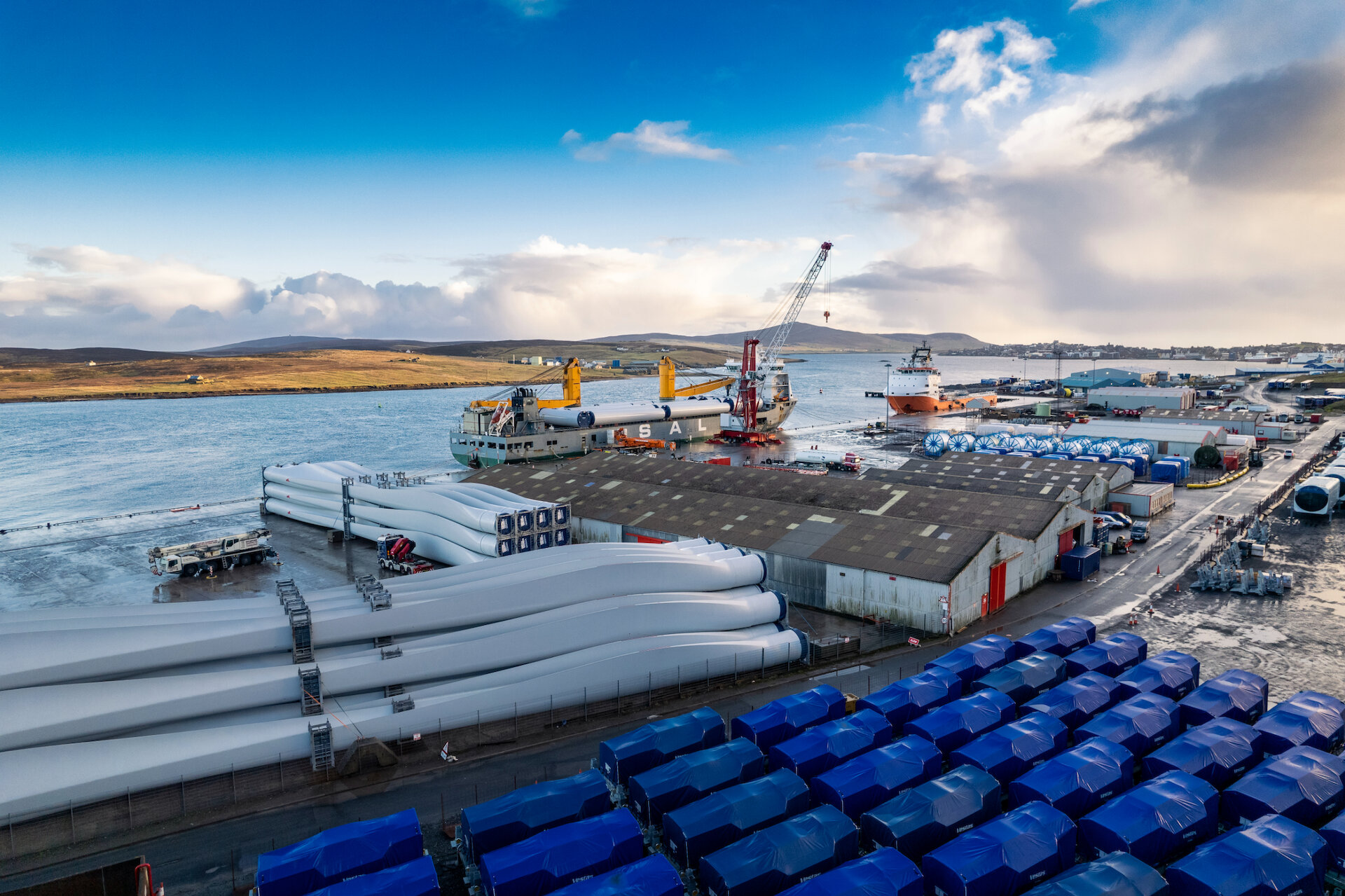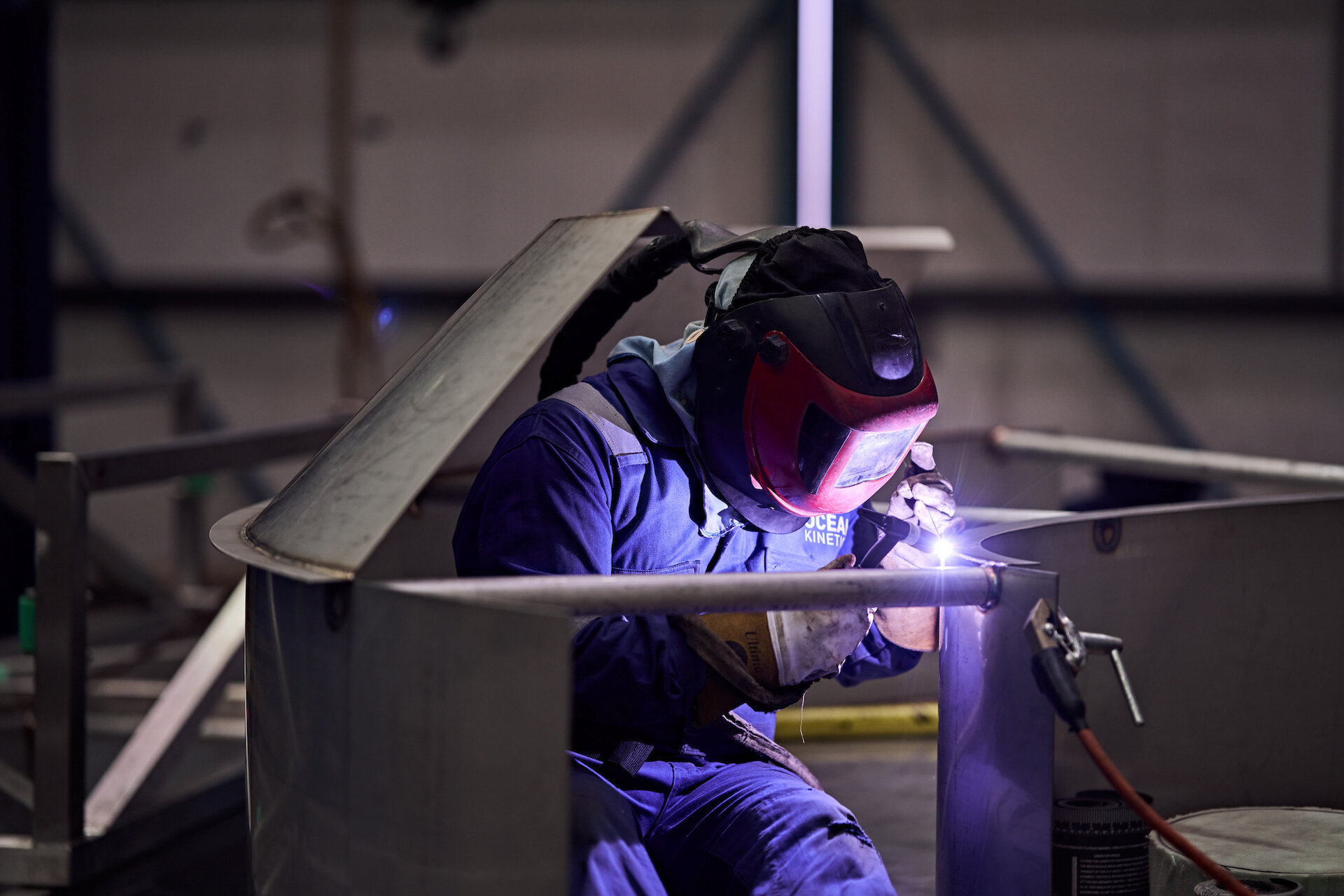Lerwick Harbour will be used as the base for delivery, storage, and mobilization to support construction during the development phase of the Rosebank oil and gas field, north-west of Shetland.
Norwegian Oil and Gas company Equinor has selected the port as the main hub that will be used to support the development of the field.
For the first phase of work, contractor TechnipFMC will be responsible for integrated engineering, procurement, installation and construction for Rosebank. The subsea production systems, umbilicals, risers, and flowlines it manufactures will be delivered, stored, and mobilised at the deep-water port.
Local supply chain companies will support Equinor and its contractors through various work scopes, which will sustain and develop local employment opportunities.


